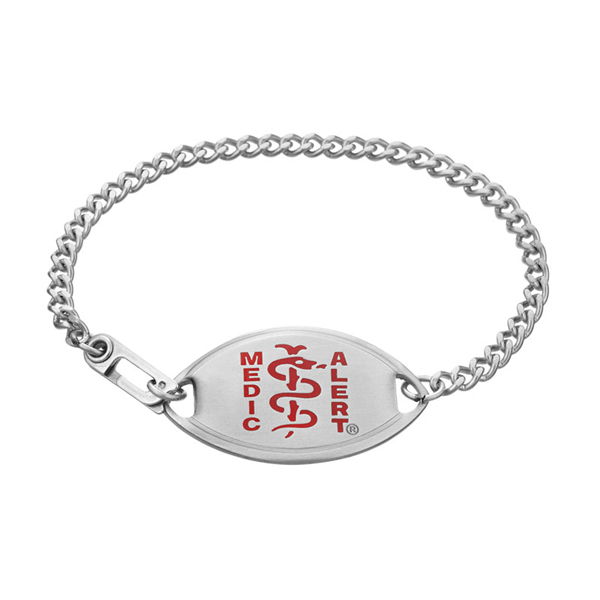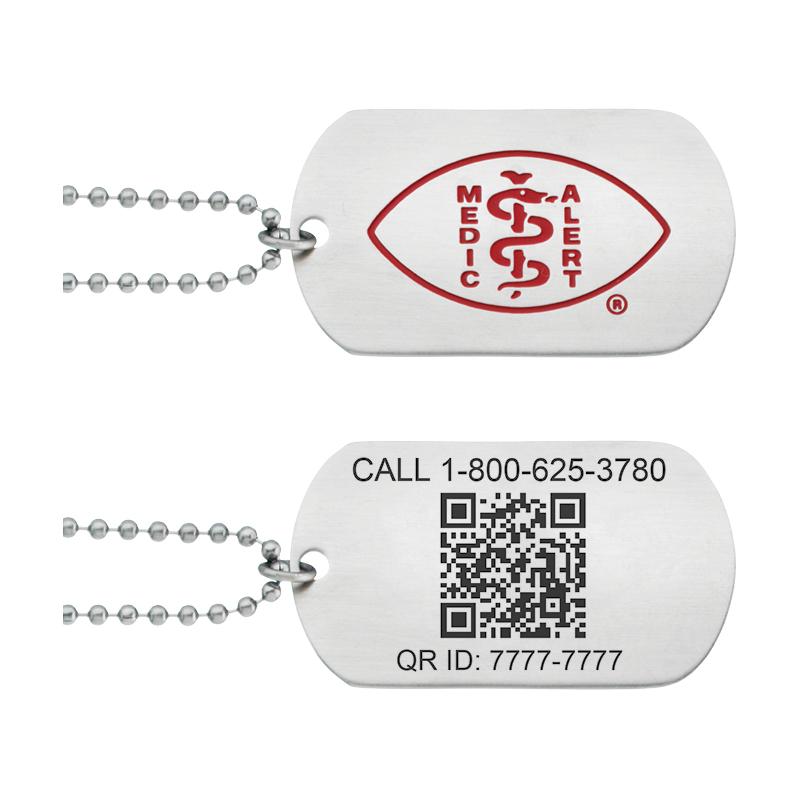What do a housekeeper, a chauffeur, a cook, and an accountant all have in common? If you are the primary caregiver for a loved one, then the answer is: they are all you.
Maybe you enthusiastically took on most of the caregiving after your mother’s stroke or your spouse’s accident, thinking it would mean quality time together as well as a better quality of care for them. But now, all you feel is fatigue, negativity, and even resentment. It’s normal to feel exhausted and overwhelmed sometimes, being needed in so many ways so much of the time. When the demands of your role as caregiver cause feelings of hopelessness and depression, leading to physical, psychological, and financial distress, you’re experiencing “caregiver burnout.”
Caregiver burnout occurs when you take on more than you can provide, stretching your energy, emotions, and resources to the breaking point. You might feel guilty for not being able to handle everything, or for craving time for yourself away from the needs of your loved one. You might feel hopeless or like you’re always coming up short—for your loved one and for yourself and others in your life.
Being a primary caregiver includes a spectrum of roles and responsibilities and is not limited to caregivers who live with those they care for. While around 40% of caregivers share a residence with those they care for, caregiving can be just as demanding when your loved one in a nursing or rehab facility. Certain caregiving demands, including keeping track of medical records and appointments, are challenging regardless of where they happen. Others are specific to the location, like time spent traveling and visiting your cared-for person in a facility, versus bathing, dressing, cooking for and feeding them at home.
According to a 2001 Pew Research Center survey, almost one-quarter of U.S. adults are responsible for the care of multiple persons in their household, attending to dependent adults and dependent or adult children at the same time. Caregivers in this situation are called the “sandwich generation” because they are in-between multiple generations who need their care.




